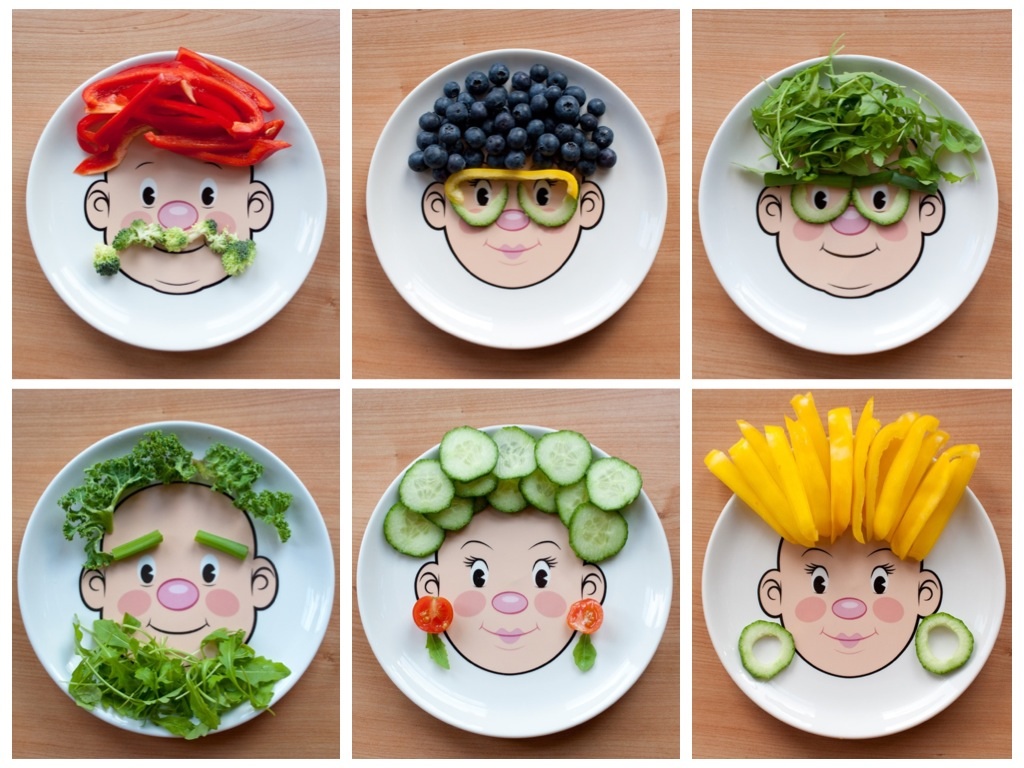Proper nutrition is essential for children’s growth and development. Eating a healthy diet provides kids with the nutrients they need to maintain a healthy weight, boost their immune system, and improve their cognitive function. However, it can be challenging to instill healthy eating habits in kids, as they are often drawn to sugary and processed foods.
Importance of healthy eating for kids
Eating a healthy diet is important for kids’ overall health and well-being. It provides them with the nutrients they need to support their growth and development, including:
- Protein: Protein is essential for building and repairing tissues, including muscles and bones. It also helps kids feel full and satisfied, which can help prevent overeating.
- Carbohydrates: Carbohydrates provide kids with energy, which is essential for their active lifestyles. Choose complex carbohydrates, such as whole grains, fruits, and vegetables, over simple carbohydrates, such as sugary drinks and processed foods.
- Fats: Fats are essential for absorbing vitamins and minerals, and they also provide kids with energy. Choose healthy fats, such as those found in avocados, nuts, and seeds, over unhealthy fats, such as those found in fried foods and processed snacks.
- Fiber: Fiber helps kids feel full and satisfied, and it also promotes digestive health. Choose high-fiber foods, such as fruits, vegetables, and whole grains.
- Vitamins and minerals: Vitamins and minerals are essential for kids’ overall health and well-being. They help kids grow and develop, and they also support their immune system and cognitive function.
Establishing healthy eating habits
Here are some tips for establishing healthy eating habits in kids:
- Make healthy eating a family affair. Eat meals and snacks together as a family, and model healthy eating behaviors for your kids.
- Limit processed foods. Processed foods are often high in sugar, unhealthy fats, and sodium. Choose fresh fruits, vegetables, whole grains, and lean protein sources instead.
- Limit sugary drinks. Sugary drinks are a major source of empty calories, and they can contribute to obesity and other health problems. Instead, offer kids water, unsweetened tea, or milk.
- Make vegetables fun. There are many ways to make vegetables fun and appealing to kids, such as roasting them with spices, incorporating them into smoothies, or dipping them in hummus or yogurt.
- Don’t restrict food. Restricting food can lead to unhealthy eating habits, such as binge eating. Instead, allow kids to enjoy a variety of foods in moderation.
- Teach kids about food labels. Help kids understand how to read food labels so they can make informed choices about the foods they eat.
- Make mealtime enjoyable. Make mealtimes a positive experience for kids by talking about the food you’re eating, trying new foods together, and making mealtime fun and engaging.
Additional tips
- Set a good example. Kids are more likely to adopt healthy eating habits if their parents and caregivers do the same.
- Make healthy snacks available. Keep healthy snacks like fruit, vegetables, nuts, and yogurt on hand so kids have something to eat when they’re hungry.
- Involve kids in meal planning and preparation. This can help kids learn about healthy cooking and nutrition.
- Make gradual changes. Trying to change too many things at once can be overwhelming. Make small changes over time to make it more sustainable.
- Be patient. It takes time for kids to develop healthy eating habits. Be patient and supportive, and don’t give up.

